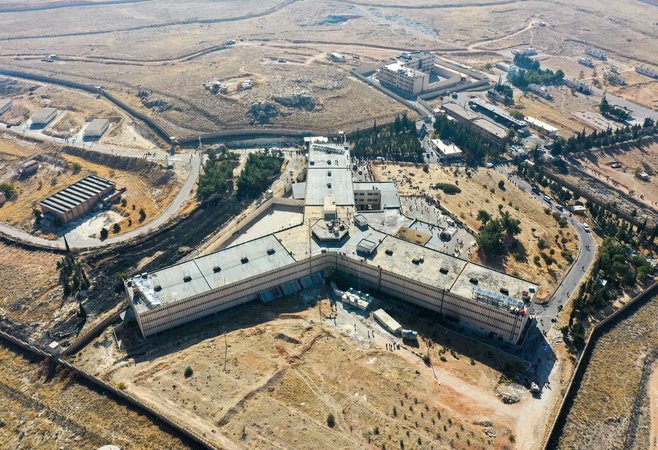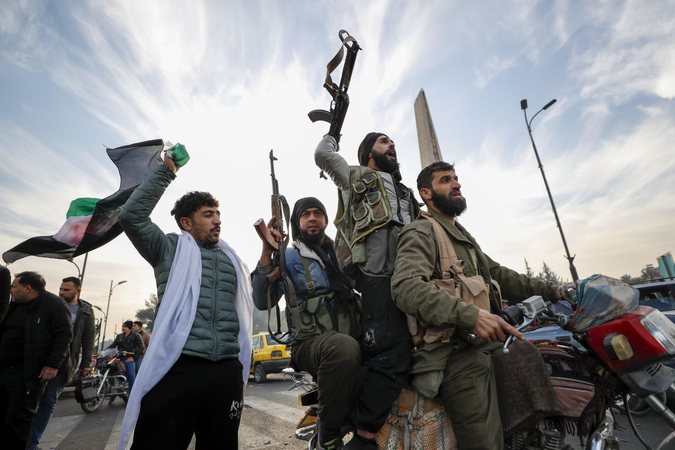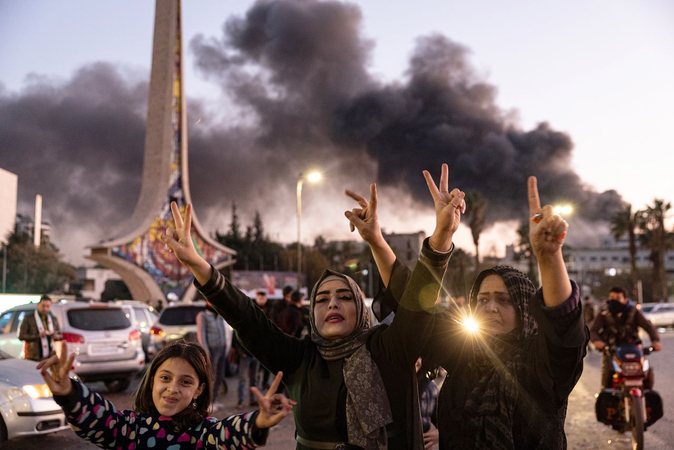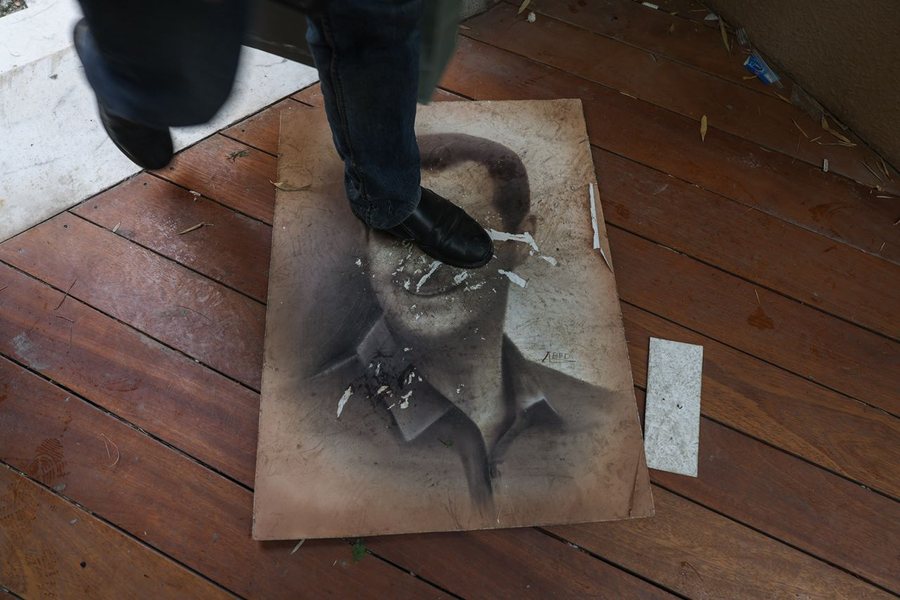
The overthrow of Bashar al-Assad's regime, which once seemed distant, has become a reality. After 13 years of bloody civil war, Syrian rebels have finally toppled one of the Middle East's most brutal dictatorships. Now, Syria is in a new era, filled with hope and uncertainty.
What happened?
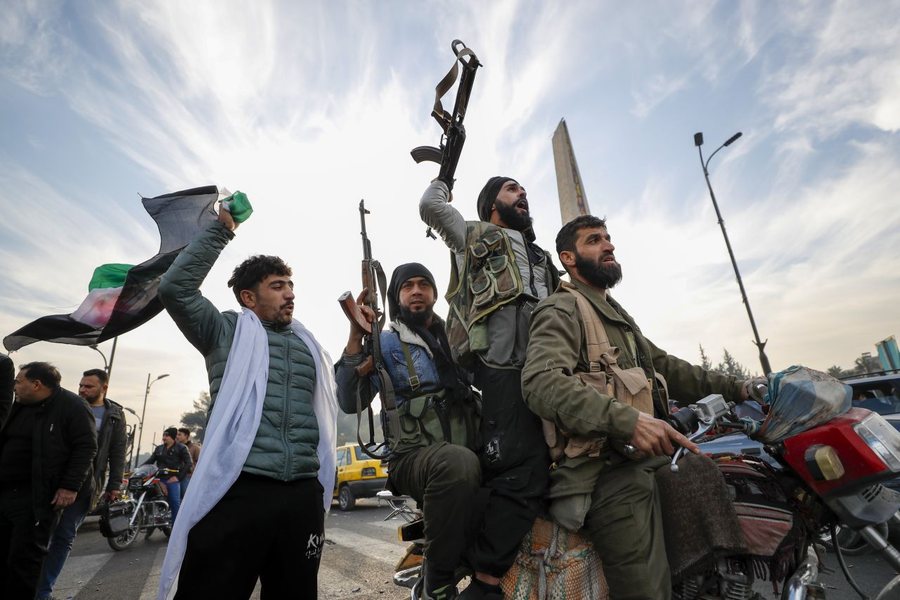
In a sudden and swift offensive, a rebel alliance, led by the Hayat Tahrir al-Sham (HTS) militant group, overthrew the Assad regime. The campaign began on November 30 with the capture of the city of Aleppo and ended in just 11 days with the "liberation" of Damascus.
The rebels advanced without much resistance, taking key cities such as Hama and Homs before entering Damascus. The videos showed the release of prisoners from Assad's notorious prisons, as well as the ransacking of the presidential palace, where large fortunes were discovered.
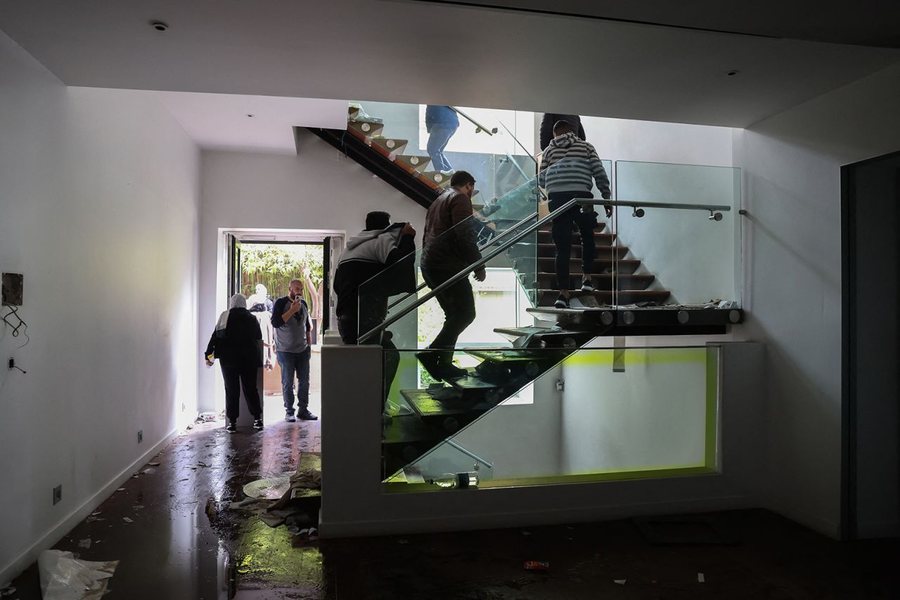
Assad and his family, according to Russian sources, fled to Moscow, where they were granted political asylum. This sudden reversal has paved the way for a Syria without Assad, but with many questions about the future.
Who are the rebels?

The rebels are a coalition called the Military Operations Command, made up of Islamist and moderate factions united in opposition to Assad, ISIS and Iranian-backed militias.
Their leader, Abu Mohammad al-Jolani, is a complex figure. Originally known as an associate of Al-Qaeda, he has tried in recent years to distance himself from radicalism and present himself as a pragmatic politician. HTS, the group he leads, controlled the city of Idlib, from where the offensive was launched.
However, HTS is still considered a terrorist organization by the US, Turkey and the UN, and Jolani remains on the international wanted list. The rebels have promised to establish a new government based on institutions and a "popularly elected council," but their track record leaves much to be worried about.
Why did it happen now?
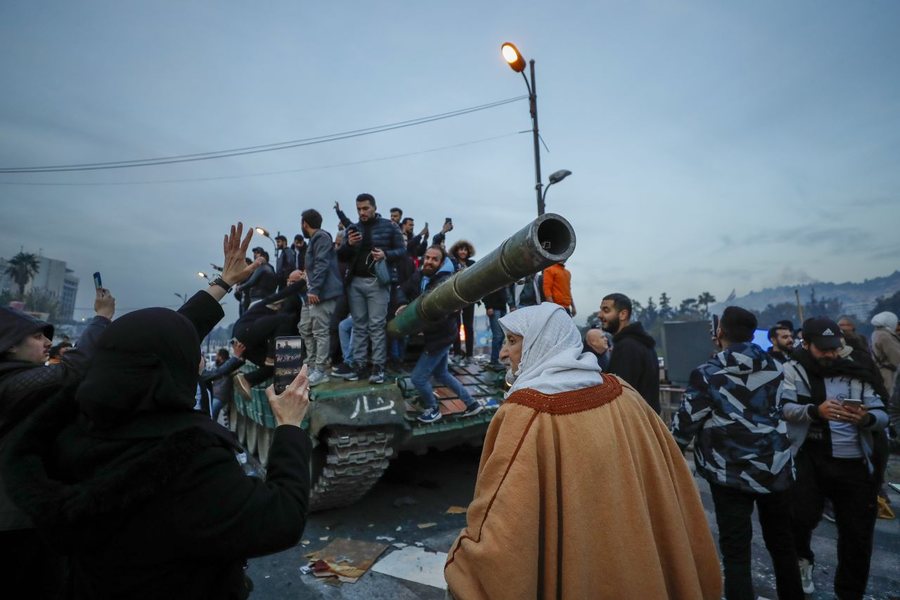
After a relative lull in fighting since a ceasefire deal in 2020, the rebels have benefited from the weakening of Assad's key allies. Russia is preoccupied with its war in Ukraine, while Iran is preoccupied with its conflict with Israel.
This vacuum gave the rebels the space to mount a successful offensive. While Assad once relied on powers like Russia and Iran, today he is isolated and his forces were unable to stop the rebels' advance.
What will happen next?
Syria's future remains unclear. While many Syrians celebrate the end of the Assad regime, some fear the past of HTS and other rebel factions. Questions have been raised as to whether Syria will face a new authoritarianism or whether a democratic and inclusive system can be built.
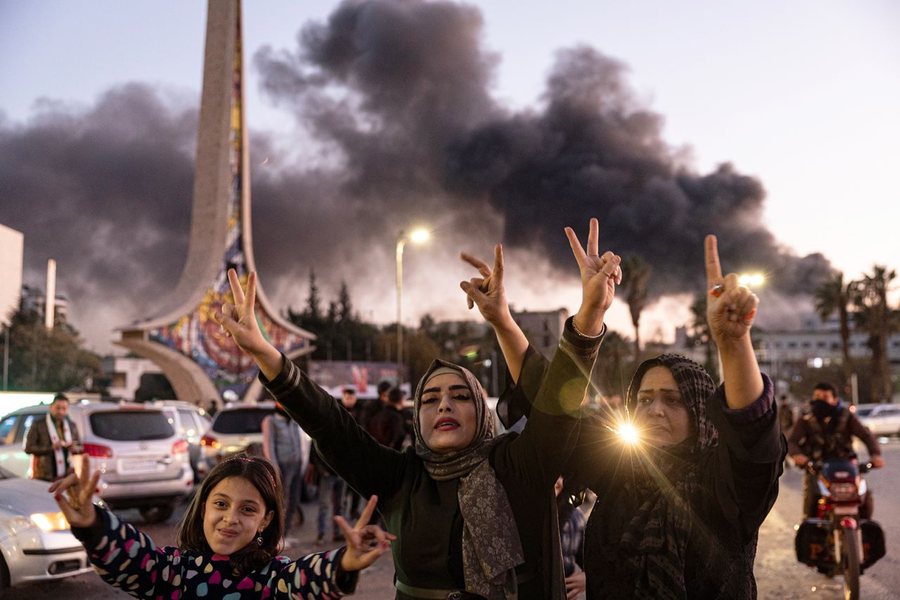
US President Joe Biden called the fall of Assad "a historic opportunity for the people of Syria," but warned of the dangers of possible regional destabilization.
Global impact
Assad's fall has shaken the Middle East and beyond. Iran, one of the regime's main backers, has lost its influence in Syria, while Israel has described the development as "a historic day." However, Israel has reinforced its border with Syria, reflecting concern about the future.

In Russia, Assad's loss is a blow to Vladimir Putin, who had used Syria to project his power in the Middle East. This could weaken his position even in the conflict with Ukraine.
For the Syrian people, the beginning of a new era brings hope for a better future, but also fear for the challenges that may appear on the road to stability and peace. (A2 Televizion)

